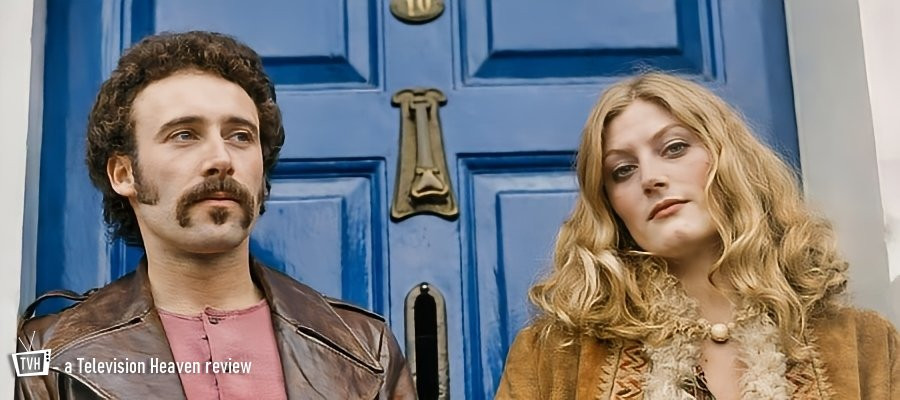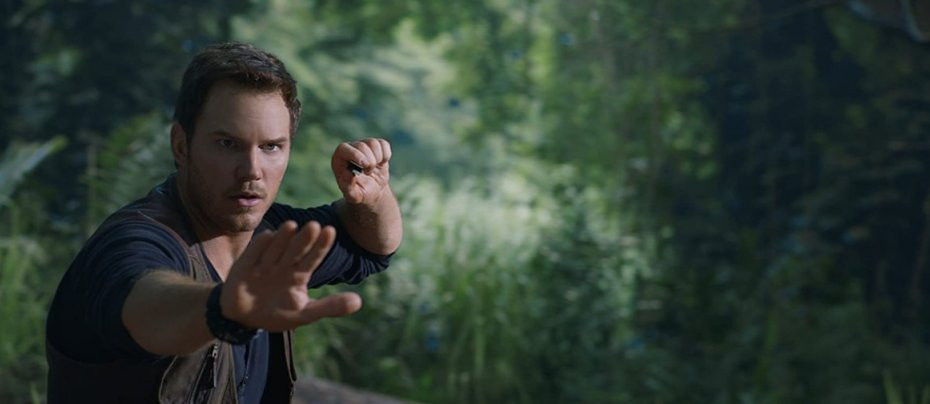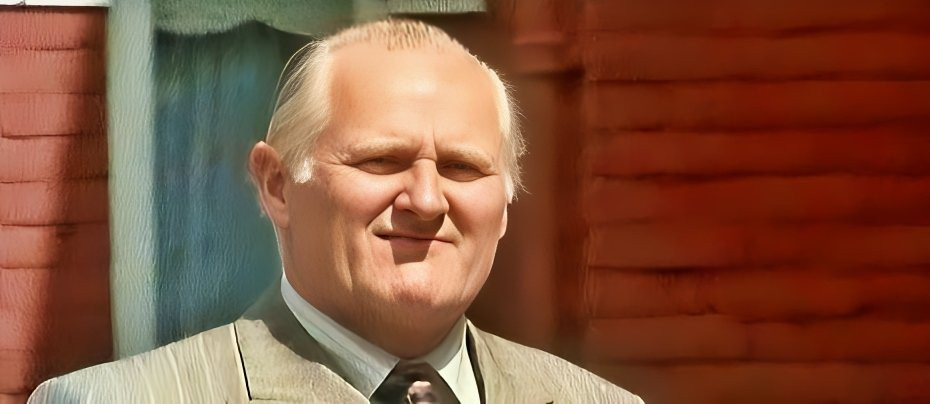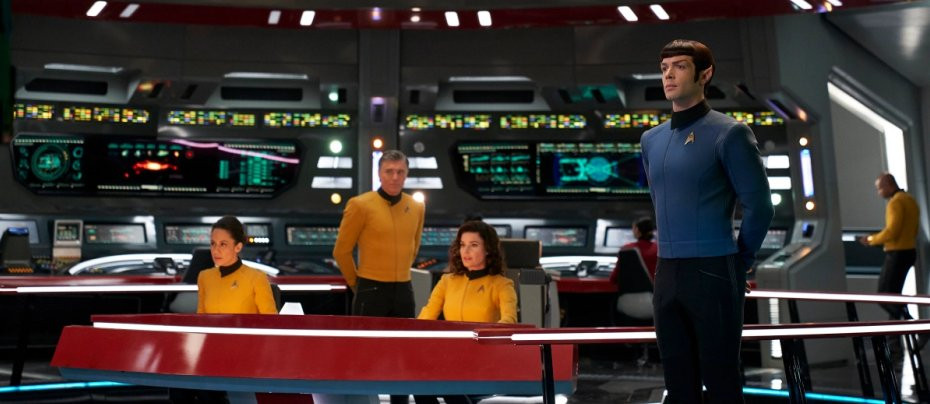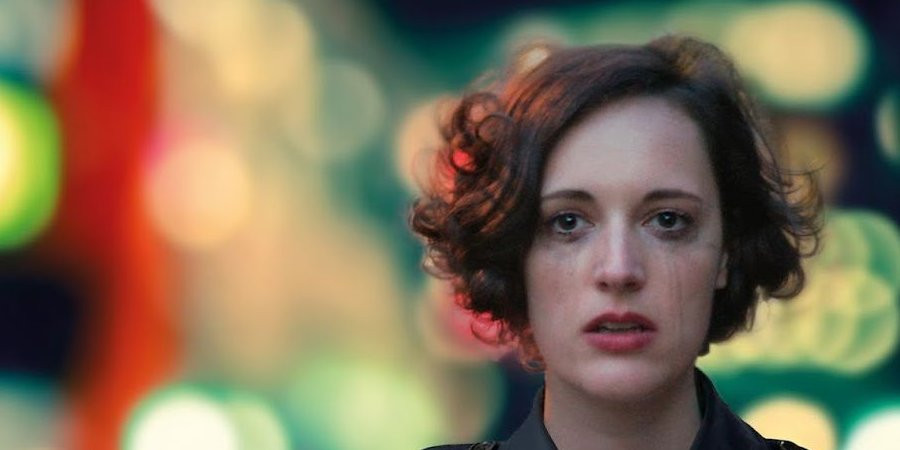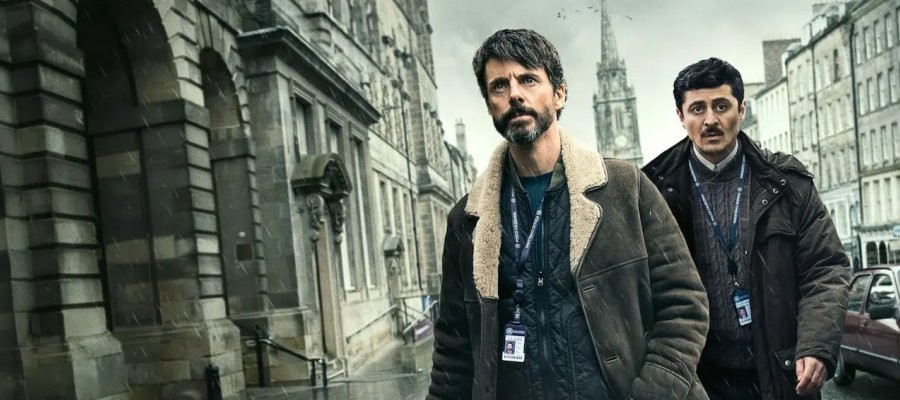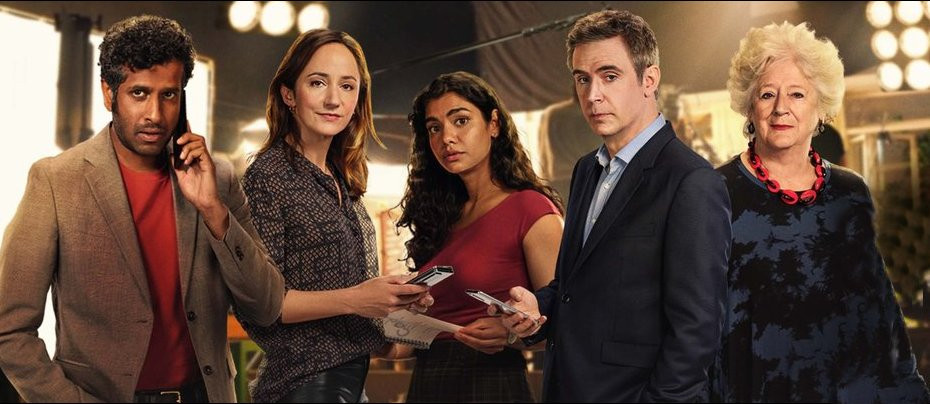
Ten Percent
2022 - United KingdomReview by John Winterson Richards
It is by no means uncommon for the offspring of two successful parents to prove something of a disappointment. Perhaps expectations are too high. Perhaps the strength of the parents overwhelms the child. Amazon's Ten Percent is an English language adaptation of the superb French comedy drama Dix Pour Cent, known in English on Amazon's rival Netflix as Call My Agent. The adaptation was placed in the more than capable hands of John Morton, who wrote the excellent Twenty Twelve and W1A. At the risk of mixing metaphors, it is impossible to imagine two better ingredients in a recipe for success.

That was always going to be the problem. As our review of Dix Pour Cent put it, "While the casting of the new version certainly looks attractive, one has to worry that the distinctively French sense of style that was such an important aspect of the original will be lost. At the same time, the success of the original begs the question whether the remake is necessary."
That pretty much sums up the first season of Ten Percent.
Indeed, an overview of the season - which this is meant to be - could very easily just stop there, possibly adding a smug "Like we said."
Yet Ten Percent deserves more than that. It is by no means a bad show. On the contrary, it is a very well made show with a strong cast and some good location work. Anyone who had not seen the French original might rave over it, and deservedly so. It is only comparison with Dix Pour Cent that it reveals its shortcomings.
Morton is quoted on the BBC website as saying that in preparation he rewatched the first season of the French version "carefully, slowly, analytically," but then "never went back to it again."
If so, Morton must have an extraordinary memory, or his rewatching was particularly careful, slow, and analytical, because the plot of several episodes of Ten Percent and much of the characterisation seem to follow Dix Pour Cent very closely indeed. This is a perfectly defensible strategy when dealing with high quality source material. After all, why change what works? However, it also begs the question why bother doing it at all?

One cannot help feeling that it might have been more interesting if Morton had been a little less reverential and had the self-confidence to stamp more of his own distinctive style on the production. It might, for example, have been a real innovation if he had used the "mockumentary" or "fly on the wall" format of which he proved himself a Grand Master in Twenty Twelve and W1A. Perhaps for that very reason he wanted to get away from the format with which he is associated and prove his versatility. If so, that is understandable, but it cannot be denied that the setting of Dix Pour Cent, a high powered firm of London talent agents, would be ideal for exactly the sort of thing he has proved he can do brilliantly. One cannot help wondering if that is what the producers had in mind when they gave him the commission. As it is, a new experience for the writer is not necessarily a new experience for the viewer.

It is not only the script that seems surprisingly familiar. Several members of the cast seem to have been selected because they bear at least a passing physical resemblance to their French equivalents - except the French are all just that that little more attractive.
Sorry to have to say it but it is true: everything about France is just that little more attractive. Ten Percent makes good use of London's raffish, rather decayed charms, but, let us be honest, London is no Paris. This is the only benefit of the French having surrendered very promptly in 1940 to spare their capital the attentions of the Luftwaffe and Post-War planners. If that sounds a little bitter, it is a necessary corrective for a rabidly patriotic Briton having to admit repeatedly in this overview how much better the French are - because, in this, they definitely are.
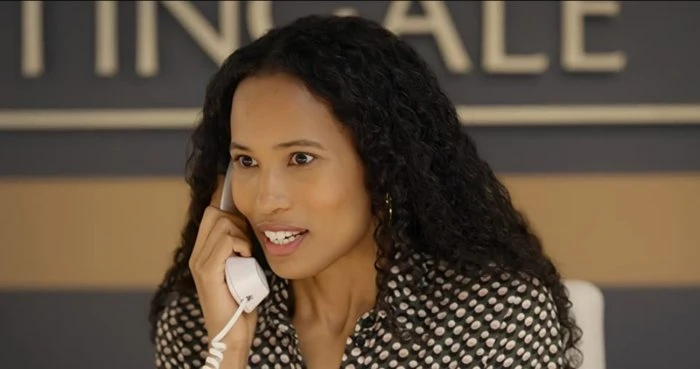
Like the original, Ten Percent is structured more as a drama than a comedy. There are very few jokes as such. Only a passing remark about Piers Morgan raises anything resembling a laugh. This is not in itself a bad thing. The comedy drama is a well established form that does not rely on begging for laughs. Indeed, one of the advantages of the remake is that it has less of the farcical element that tends to be overplayed in France. However, it has to be said that neither is there much in the way of original wit and the fifty-minute episodes may be too long.
Jack Davenport is a strong leading man but his character, Jonathan Nightingale, is weaker than his French equivalent, because one of the changes was to make him the son of the agency's founder. This adds an extra layer of drama in the form of an inadequate son trying to live up to his parent's legacy - which is ironic given the opening words of this overview of the show itself - but rather detracts from the comedy. Thibault de Montalembert's Mathias in Dix Pour Cent is more of a smooth, sophisticated player: one can enjoy his manipulations for their own sake but he can also be the pompous comedic authority figure in whose fall one can find another form of amusement. Davenport is given neither of these options. He is written as something of a flawed but well meaning doormat like the Hugh Bonneville character in Twenty Twelve and W1A.
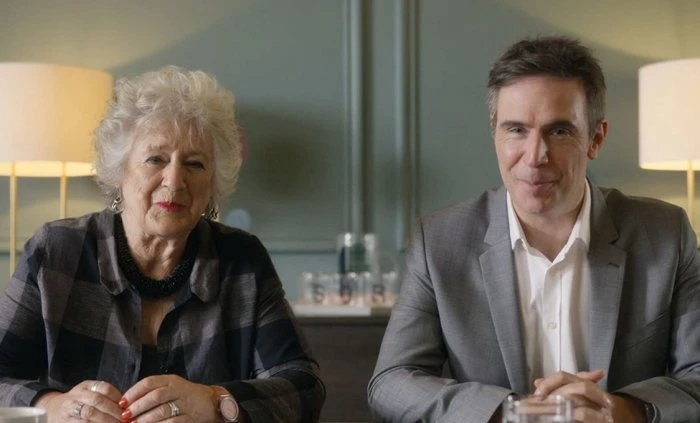
Maggie Steed excels as the brusque, no nonsense senior agent Stella Hart. She is a well observed study of a type once frequently found among older career women who basically ran the British Empire but probably read the 'Guardian.' Her dog, Mathias, evidently named after de Montalembert's character in Dix Pour Cent, is played by Smurf who was so memorable in the dark comedy feature film Sightseers. He steals every scene.
Most of the rest of the regulars make little impression relative to their French analogues. They all do their work well but it is the French versions that spring to mind more easily even in the immediate aftermath of having watched the remake. In general, the British characters are written as more likeable, suggesting that business culture in France is, behind the facade, far more brutal, or perhaps honest. Everyone in the British version is tiptoeing around so called "political correctness" far more than in France and it is regrettable that Morton lacks the courage to satirise it as he did in his earlier work. It seems much that was mockable then has now moved beyond satire.
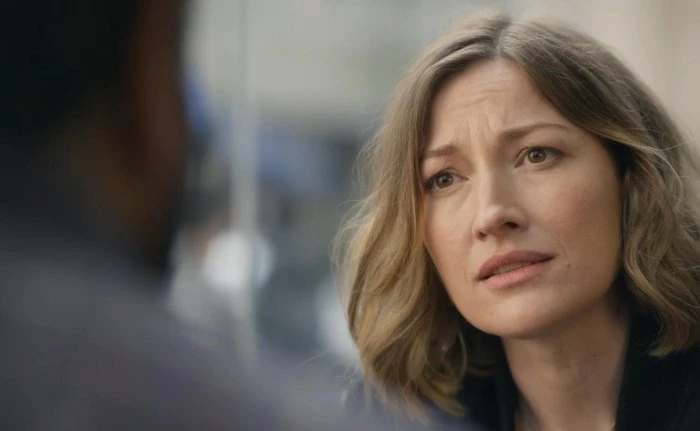
Among the guest stars, Dominic West stands out as a fictionalised version of himself in a positively ghastly 'avant garde' production of 'Hamlet,' and David Harewood actually makes one think he might make a credible James Bond when it is suggested that he is up for the part.
In general, the list of guest stars is less distinguished than in Dix Pour Cent, which over four seasons managed to rope in most of the biggest names in French acting, and the Brits seem less inclined to take risks with their professional images. Perhaps it requires a Ricky Gervais to persuade A-Listers to humiliate themselves as they did in Extras and Life's Too Short.

Jim Broadbent is Jim Broadbent as Jonathan's father, possibly a bit too nice to be true for someone in his position. Tim McInnerny is poignant as a washed-up ham taken on as a client by Jim Broadbent as a charity case. His constant urge to apologise for everything, for his very existence it seems, is both irritating and profoundly tragic, and one finds oneself caring for him very much.
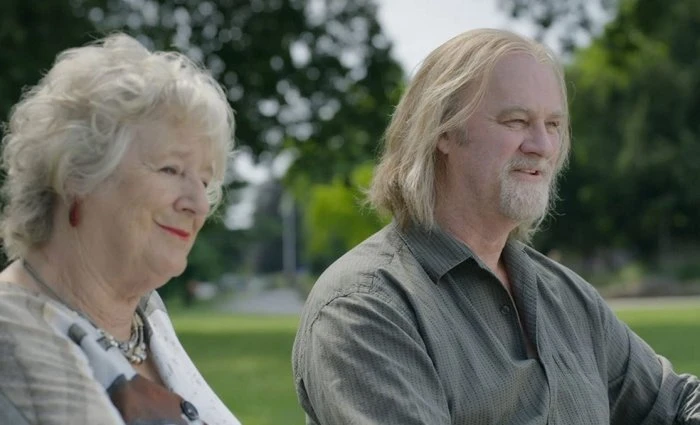
Perhaps more surprisingly one also finds oneself caring for Chelsey Crisp as Kirsten Furst, an American businesswoman put in charge of the agency after an ill-advised takeover. This sets up a good Anglo-American "culture clash" theme that the French could never have done. Furst seems at first a stereotypical Los Angeles executive - attractive, energetic, relentlessly positive, and totally ruthless beneath a thin layer of extreme friendliness. Then a single scene changes our perception of her completely. There are interesting comparisons between Furst and the characters played by Kathleen Rose Perkins and Mircea Monroe in Episodes, and Sarah Parish's wonderful Anna Rampton in Morton's own W1A.
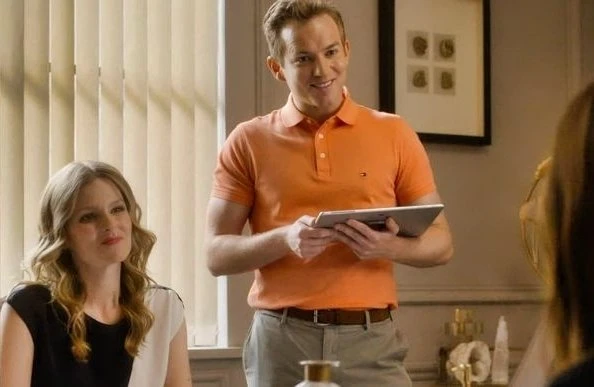
It is significant that these two elements unique to the British version - the perspective of the struggling actor and the American dimension - are probably the two most compelling threads in dramatic terms. Ten Percent is undoubtedly at its best when it is at its most original and dares to depart from the French template.
This happens more as the season goes on, and as a result the second half of the season is much better than the first. The final episode is by far the strongest of the season with some serious stakes on the table.
So there may be hope for the show. Amazon need to stop thinking in terms of having their own version of a Netflix success - in general both Amazon and Netflix seem to think in those terms far too much. Instead they should encourage their talented writer to find his own voice and deliver a second season with characters similar to Dix Pour Cent but distinctively different storylines. Above all it needs to get away from unflattering comparisons with the original and establish itself as an innovative show in its own right. It has the potential to do so.
Seen this show? How do you rate it?
Seen this show? How do you rate it?
Published on May 12th, 2022. Written by John Winterson Richards for Television Heaven.


